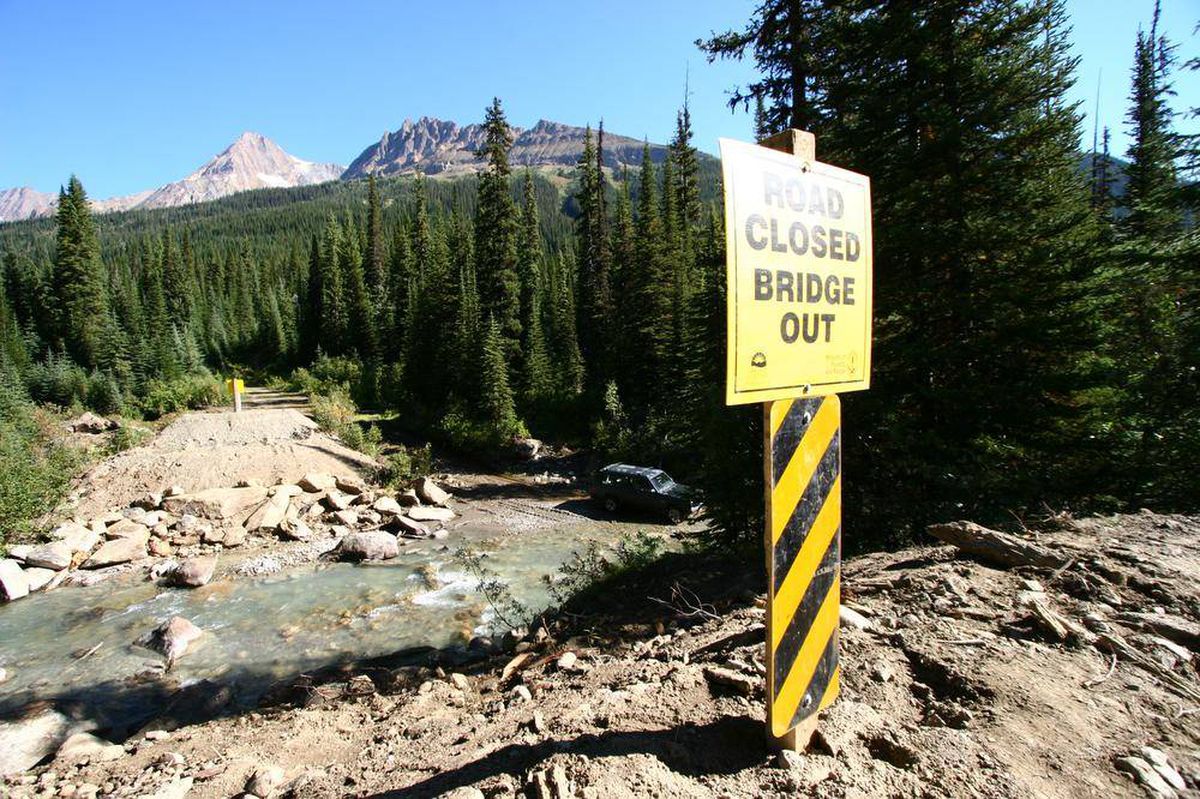The Supreme Court of Canada has declined to grant special protection for religious freedom for aboriginal peoples, ruling that a private ski resort in British Columbia can be built on a site sacred to an Indigenous community.
The Ktunaxa Nation had opposed a resort on Crown land near their community in southeastern British Columbia, arguing that it would affect a grizzly-bear habitat and drive away the Grizzly Bear Spirit essential to their faith.
But, in a line that stunned some academic observers, seven judges of nine said that they looked on the religious-freedom claim under Section 2(a) of the Charter of Rights no differently than if it were made by non-Indigenous. They said the Ktunaxa claim fell entirely outside of the Canadian notion of freedom of religion, as established in previous Charter cases, which protects only the right to hold and manifest beliefs.
“In short, the Charter protects the freedom to worship, but does not protect the spiritual focal point of worship,” Chief Justice Beverley McLachlin and Justice Malcolm Rowe wrote for the seven judges.
The court also affirmed that, while developers and government need to consult with Indigenous peoples and accommodate their concerns, the First Nations possess no veto power over development.
“While the goal of the [consultation] process is reconciliation of the aboriginal and state interest, in some cases this may not be possible,” Chief Justice McLachlin and Justice Rowe wrote. “The process is one of ‘give and take,’ and outcomes are not guaranteed.”
The decision to leave sites sacred to Indigenous peoples outside of the Canadian Constitution’s religious-freedom protections was denounced as disrespectful by some academic observers.
“In 2017, we really can’t interpret Section 2(a) to exclude a crucial aspect of traditional religious practice,” University of Ottawa law professor Lynda Collins said in an interview.
She said the seven judges had cited Canadian case law and international conventions, none of which had been made with Indigenous peoples in mind. The court should have looked at the United Nations Declaration on the Rights of Indigenous Peoples for a sense of the Indigenous understanding of religious freedom, she said.
Her colleague, Natasha Bakht, called the ruling a lost opportunity. “This is a real blow to reconciliation with Indigenous peoples.”
Kathryn Teneese, chair of the Ktunaxa Nation Council, said the court’s ruling was deeply disappointing. The Ktunaxa Nation will continue to do what it can, she said, to provide protection in the area they call Qat’muk.
“That’s the task that was given to us by the creator and no one else can take that away from us. We will be continuing with our efforts to ensure that our rights to practise our beliefs in that place are forever protected.”
Glacier Resorts Ltd. welcomed the ruling.
The new project is called Jumbo Glacier Resort, and it will be a year-round glacier sightseeing and skiing resort in the Purcell Mountains.
Two judges of the Supreme Court said the Ktunaxa Nation have a right to claim protection for the Grizzly Bear Spirit under the Charter’s religious-freedom section. “The connection to the physical world, specifically to land, is a central feature of Indigenous religions,” Justice Michael Moldaver wrote, supported by Justice Suzanne Côté. “For Indigenous religions, state action that impacts land can therefore sever the connection to the divine, rendering beliefs and practices devoid of their spiritual significance.”
But under the Charter, a court declaration that the government has limited a basic right is just a starting point. The court then asks whether government has justified that limit. And in this case, with a $900-million development and the creation of 750 to 800 permanent jobs at stake, and after thorough consultation, the government decision was a reasonable one, Justice Moldaver wrote.
Glacier Resorts proposed the project to the B.C. government in 1991, and consultations had lasted 20 years. During that period, the developer had made many efforts to accommodate the concerns of the Ktunaxa and another Indigenous community, the Shuswap people, who live in the same valley, all nine judges said. For instance, the size of the recreational area was reduced 60 per cent, and the Ktunaxa were to be given protected access to the area. Ski lifts were to be removed from the west side of the valley, to protect the grizzly-bear habitat. The Shuswap accepted the proposal, saying the resort would benefit their community.
It was only in 2009, the Supreme Court said, as the proposal appeared on the verge of approval, that the Ktunaxa first mentioned the Grizzly Bear Spirit and said that no accommodation was possible.
Richard Moon, a law professor at the University of Windsor and author in the area of religious freedom, said direct conflicts may arise when a religious practice is at odds with public values or policies.
“Imagine if I had a sincere belief (and perhaps even shared this belief with a group) that the construction of skyscrapers breached God’s will – that they were Towers of Babel that will bring God’s wrath down upon us all. My claim under s.2 (a) to halt the construction of a skyscraper would be rejected by the courts out of hand. I don’t get to decide how others use their property – or to overturn a process that the community has judged to be in the public interest. But, of course, history and obligation makes it more difficult to dismiss an Indigenous claim in the same way.”
Perry Bellegarde, the National Chief of the Assembly of First Nations, said he was disappointed in the decision which, he said, speaks to the need for First Nations to work with lawmakers to ensure that Indigenous rights and title, and the duty to consult, are recognized and respected.
“As Indigenous peoples, we are of the land and water, we’re linked,” Mr. Bellegarde told a news conference. “That’s where our relatives, the grizzly bear, live. And if their habitat is somehow destroyed, you are destroying our relatives.”
SEAN FINE
JUSTICE WRITER
The Globe and Mail, November 3, 2017

